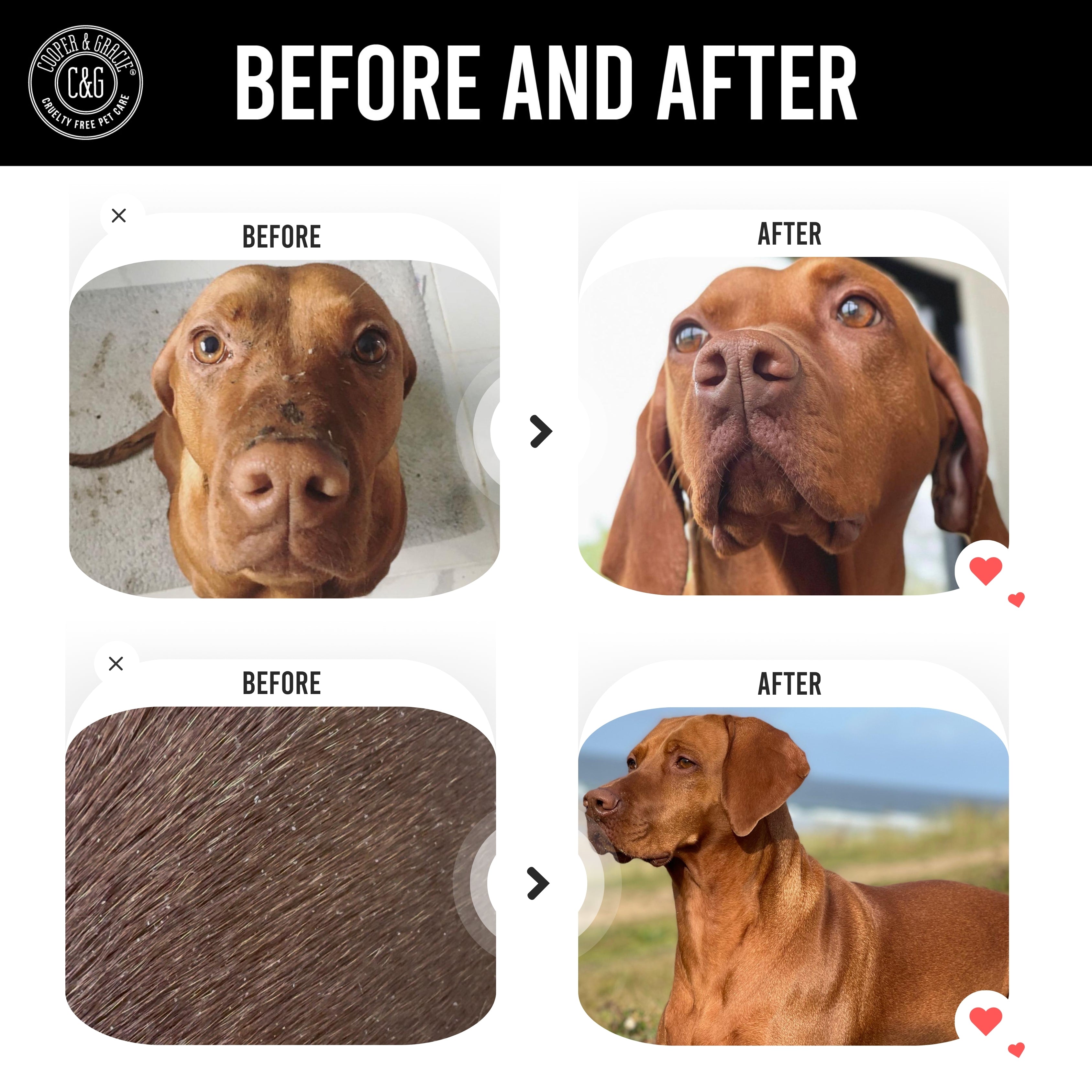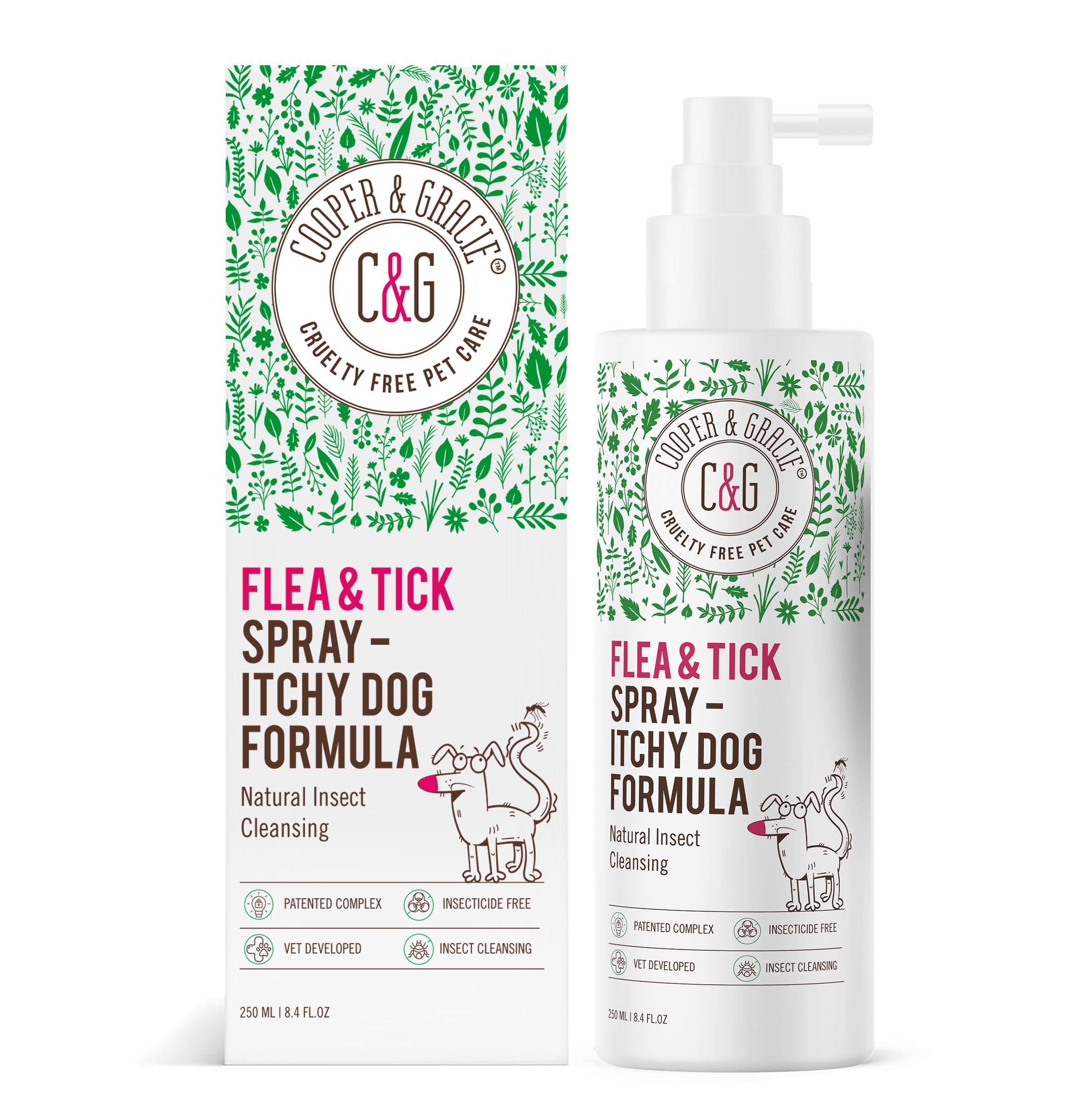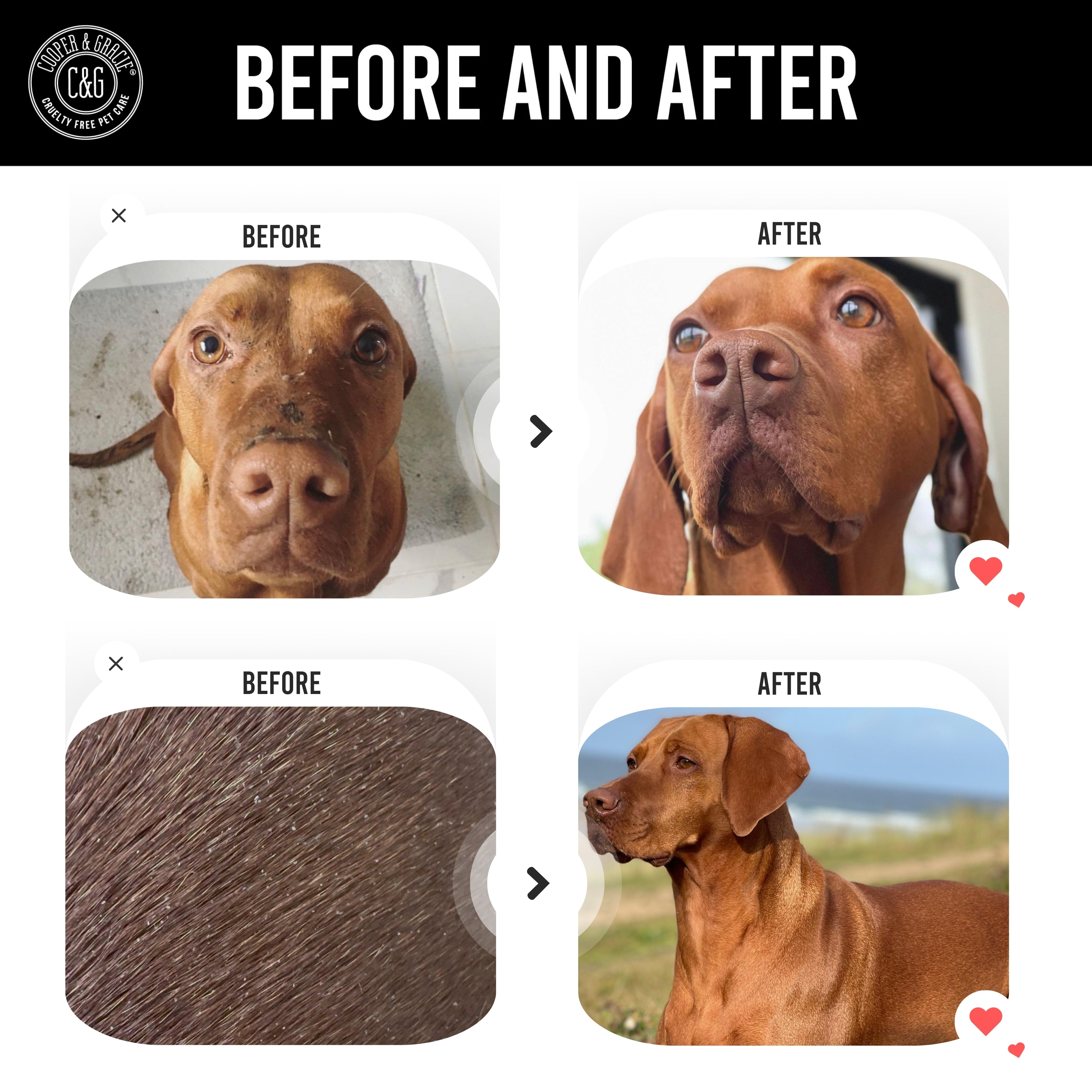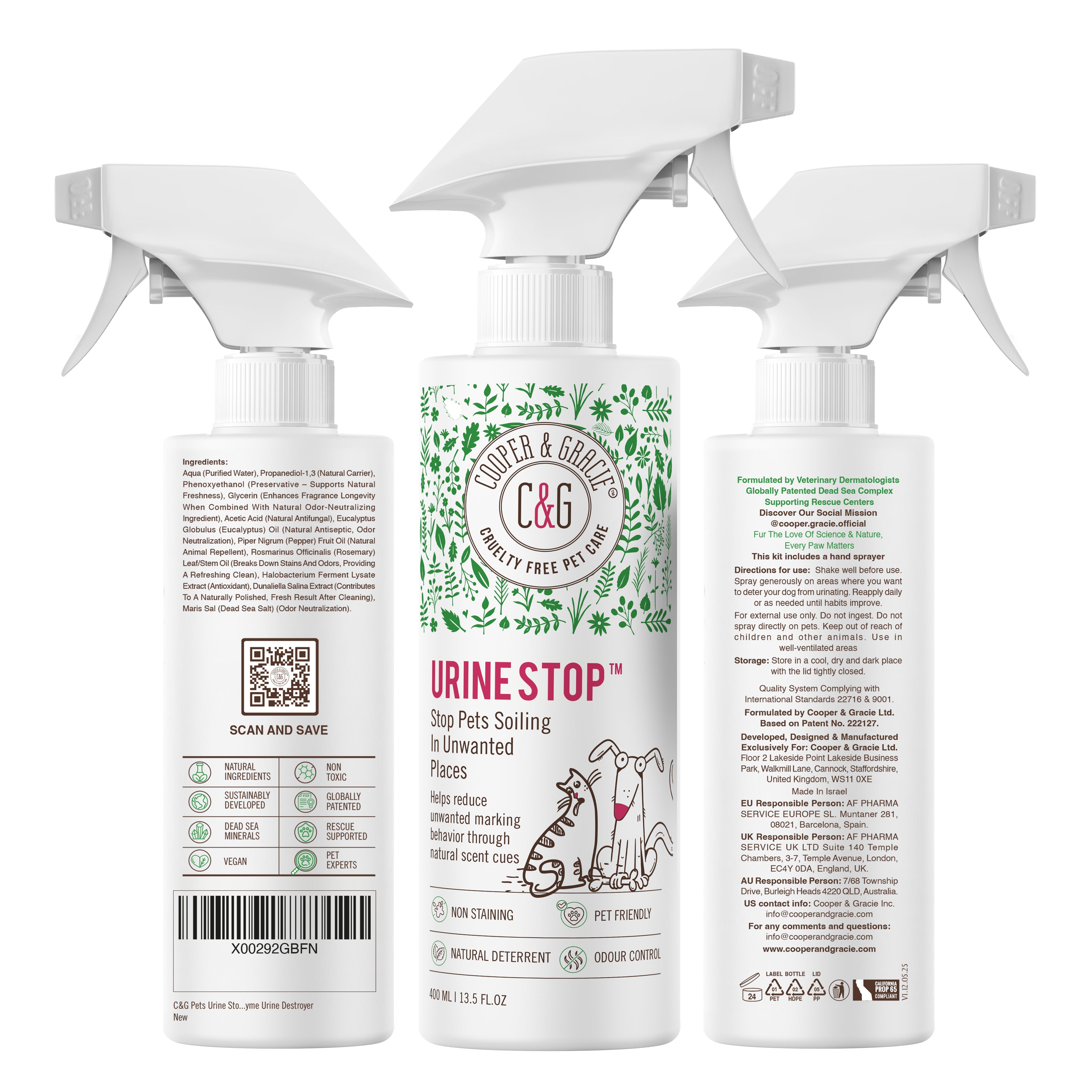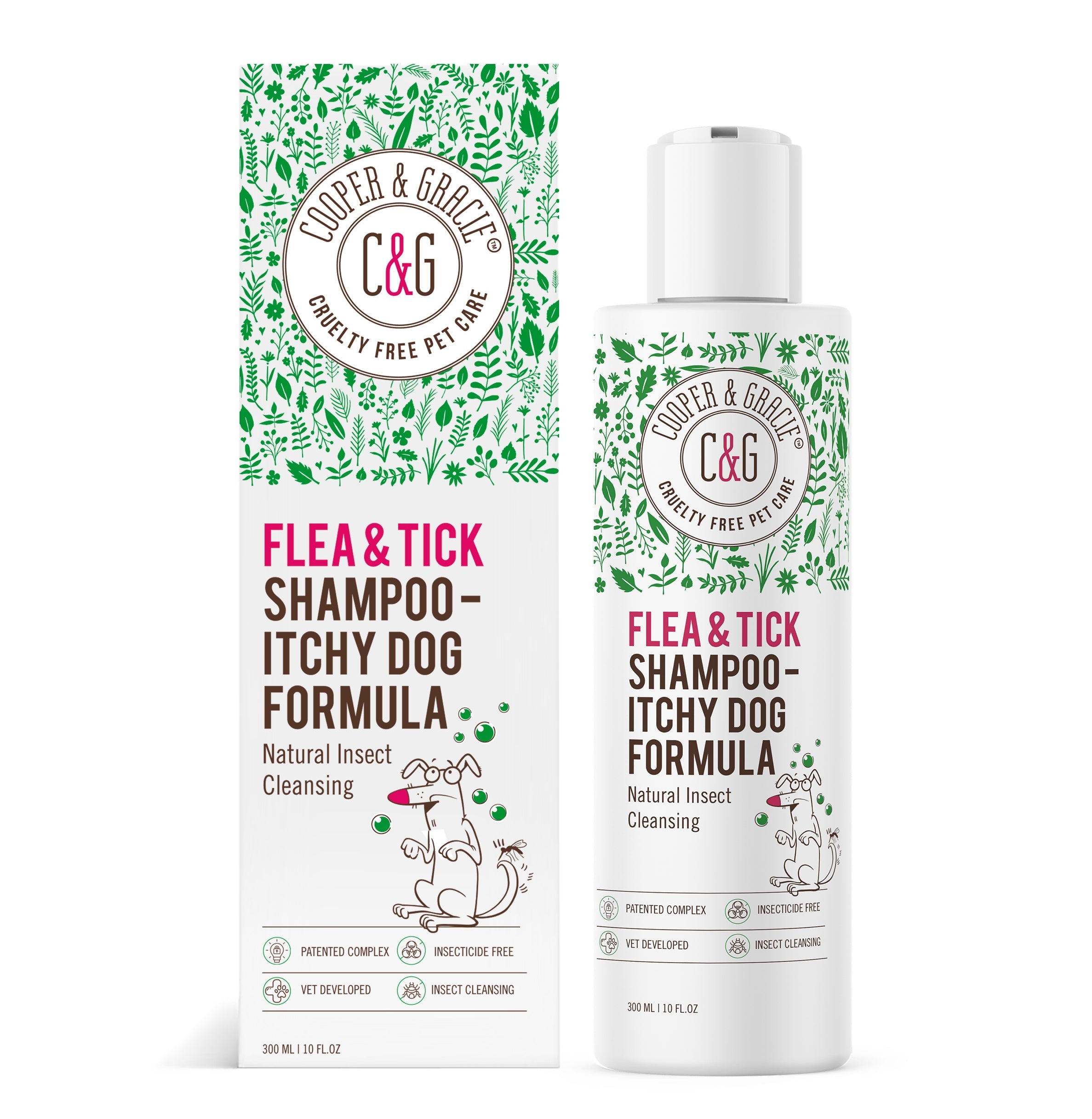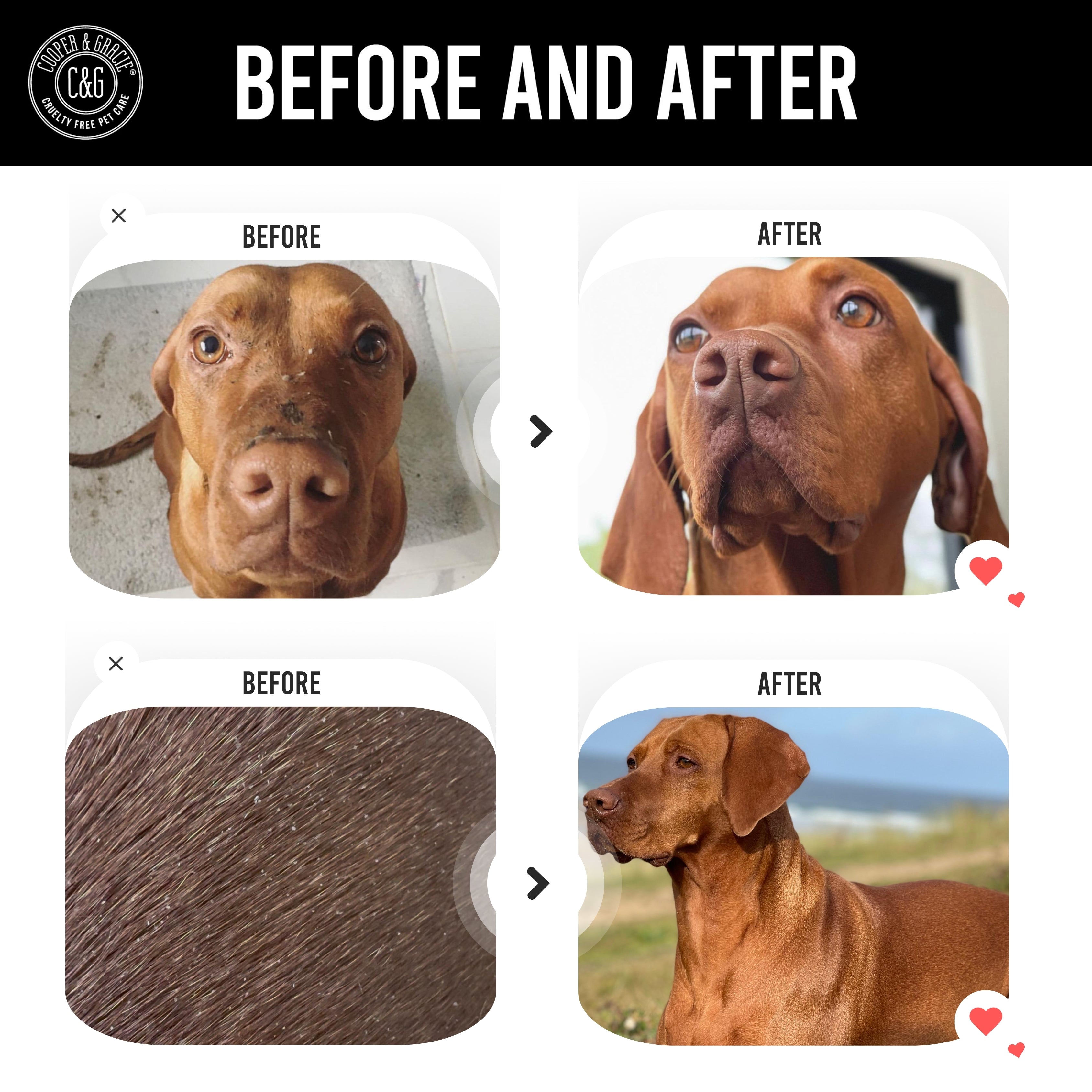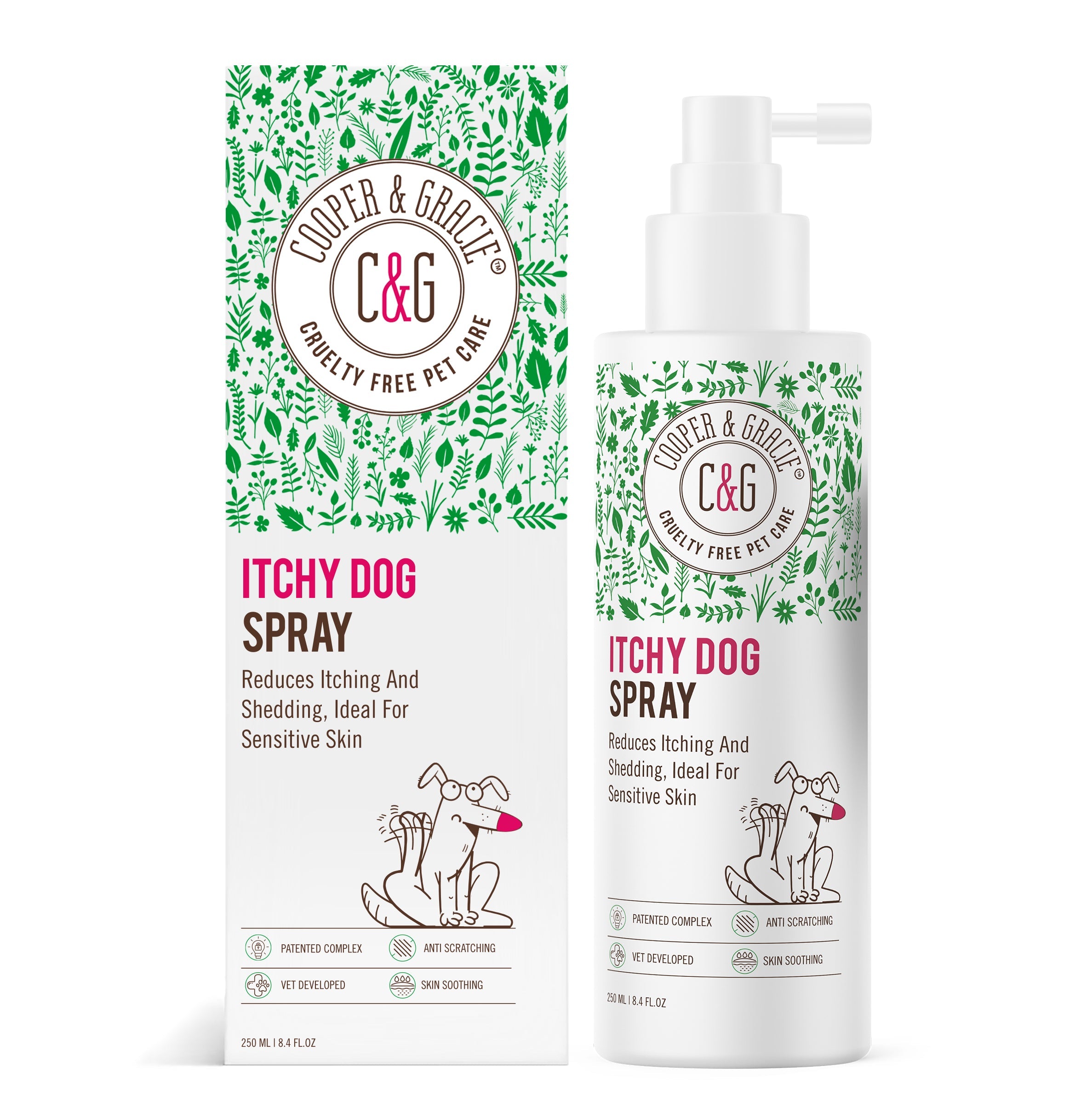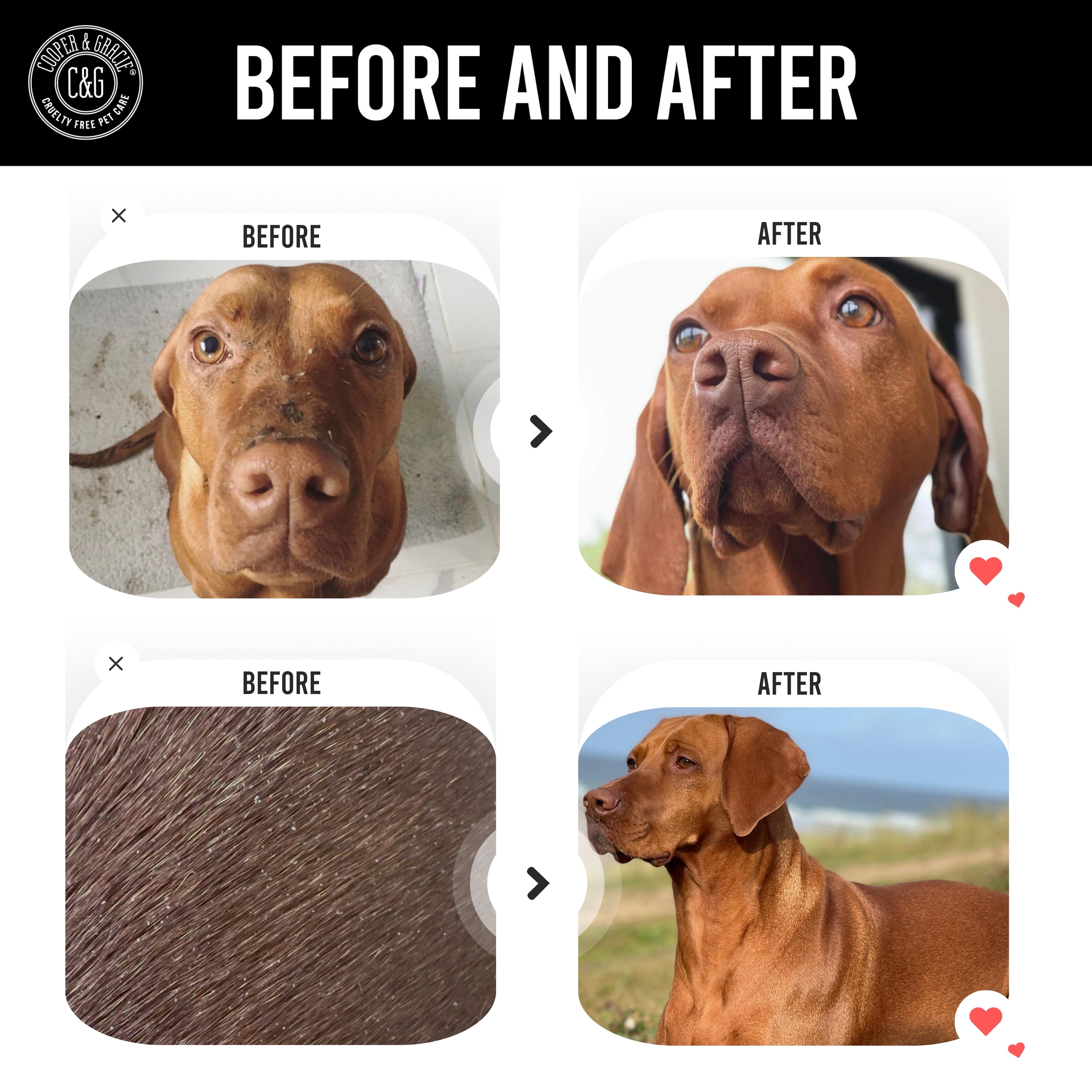Is My Cat Too Skinny? A Comprehensive Guide to Your Feline Friend's Health
Introduction
When it comes to our beloved feline companions, their health and well-being are of utmost importance. One common concern among cat owners is whether their furry friends are too skinny. In this article, we will explore the various factors that can affect a cat's weight, signs that indicate your cat may be too skinny, and what you can do to ensure your pet's optimal health.
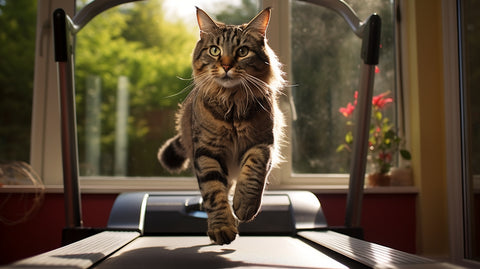
Understanding a Cat's Ideal Weight
Before delving into the signs of a skinny cat, it's essential to have a clear understanding of what constitutes a healthy weight for your furry friend. Just like humans, cats come in various shapes and sizes, and their ideal weight can vary based on factors such as breed, age, and activity level.
Factors That Influence a Cat's Weight
1. Breed
- Breed and Its Influence on Your Cat's Weight
When it comes to assessing your cat's weight, understanding their breed is a crucial factor. Different cat breeds exhibit varying body structures and sizes, which can significantly impact what is considered a healthy weight for them. Here's a more in-depth look at how breed plays a role in your feline friend's weight:
-
Svelte Breeds: Breeds such as Siamese, Abyssinian, and Cornish Rex are known for their slender and elegant physique. These cats tend to have a naturally leaner build, which may make them appear thinner compared to more robust breeds. However, their slight frame is often part of their breed's standard.
-
Sturdy Breeds: On the other end of the spectrum, you have breeds like the Maine Coon, British Shorthair, and Ragdoll, which are known for their substantial size and muscular build. These cats can carry more weight while still maintaining a healthy appearance. It's essential not to misinterpret their larger size as being overweight.
-
Intermediate Breeds: Many cats fall somewhere in between these extremes. Breeds like the American Shorthair and Domestic Shorthair have a more average body type, making it important to assess their weight based on their individual characteristics.
Understanding your cat's breed-specific traits can help you better gauge their ideal weight and prevent unnecessary concern. It's always advisable to consult with your veterinarian to ensure you're on the right track to maintaining your cat's health based on their unique breed characteristics.
2. Age
A cat's age plays a significant role in their weight. Kittens tend to be leaner and more active, while older cats may naturally put on some weight due to decreased activity levels.
3. Activity Level
Cats that are more active are likely to have leaner bodies, while less active cats may have a tendency to gain excess weight. Encouraging play and exercise is crucial for maintaining a healthy weight.
4. Diet
Dietary choices directly impact a cat's weight. Providing the right balance of nutrients is essential to prevent both obesity and underweight issues. Consult with your veterinarian to determine the best diet for your cat's specific needs.
Signs That Your Cat May Be Too Skinny
1. Visible Ribs and Spine: A Tell-Tale Sign of Underweight Cats
One of the most clear indicators that your cat might be too skinny is the visibility of their ribs and spine. While a certain degree of rib definition is perfectly normal and healthy, when these bones become excessively prominent, it should raise a red flag. Excessive rib and spine visibility can indicate that your feline friend may be underweight.
Keep a watchful eye on your cat's ribcage; it should be noticeable to the touch but not overly pronounced. If you can see each rib individually or if they seem to jut out prominently, it's a cause for concern. To address this issue, consult your veterinarian promptly to determine the underlying cause and develop an appropriate plan to help your cat regain a healthy weight.
2. Loss of Muscle Mass: Uncovering the Signs
Another key indicator of a cat being too skinny is a noticeable loss of muscle mass. Cats are naturally agile and have well-defined muscles. If you observe your cat becoming frail, with a decrease in overall muscle tone, it's time to take action.
An underweight cat with reduced muscle mass may appear weaker and less active. To help your cat regain their strength and vitality, it's crucial to address the issue promptly. Consult your veterinarian to identify the root cause, which may range from dietary deficiencies to underlying health conditions. Together with your vet, you can develop a plan to rebuild your cat's muscle mass and improve their overall well-being.
3. Dull Coat: The Outer Reflection of Inner Health
A cat's coat is often a mirror of their overall health. A healthy cat should boast a shiny and lustrous coat that radiates vitality. Conversely, if your cat's fur appears lackluster, dull, or loses its natural sheen, it could be an indication of malnutrition or underlying health issues.
When a cat's diet lacks essential nutrients, their coat can suffer, becoming brittle and lifeless. To address this concern, it's crucial to assess your cat's nutritional intake and consult your veterinarian for dietary recommendations. A proper diet and supplementation, if necessary, can help restore your cat's coat to its full glory, signalling their improved well-being.
Remember, as a responsible cat owner, it's essential to monitor these signs closely and take action promptly if you suspect your cat may be too skinny. Early intervention and professional guidance from your veterinarian are key to ensuring your feline companion's health and happiness.
What to Do If Your Cat Is Too Skinny
If you suspect that your cat is too skinny, it's crucial to take action promptly. Here are some steps you can follow:
1. Consult Your Veterinarian
The first and most crucial step is to consult your veterinarian. They can perform a thorough examination and run tests to determine the underlying cause of your cat's weight loss.
2. Adjust Their Diet
Based on your vet's recommendations, make necessary adjustments to your cat's diet. This may include changing their food or providing supplements to address specific nutritional deficiencies.
3. Monitor Their Progress
Regularly monitor your cat's weight and overall condition. Keep a close eye on any changes and follow up with your vet as needed to ensure they are progressing towards a healthy weight.
Conclusion
In conclusion, maintaining your cat's ideal weight is vital for their overall health and well-being. Understanding the factors that influence their weight, recognising signs of being too skinny, and taking appropriate action can help ensure a long and happy life for your feline friend.
FAQs
-
Q: What is the average weight for a domestic cat? A: The average weight for a domestic cat can range from ~2 to 9Kg (~5 to 20 pounds), depending on various factors.
-
Q: Can stress cause a cat to become too skinny? A: Yes, stress can lead to weight loss in cats. It's essential to address any stressors in your cat's environment.
-
Q: How often should I feed my skinny cat? A: Consult with your vet for a recommended feeding schedule based on your cat's specific needs.
-
Q: Are there any supplements I can give my skinny cat to help them gain weight? A: Your veterinarian can recommend appropriate supplements if necessary to help your cat gain weight safely.
-
Q: Can medical conditions contribute to a cat being too skinny? A: Yes, various medical conditions can lead to weight loss in cats. Consult with your vet to rule out any underlying health issues.


